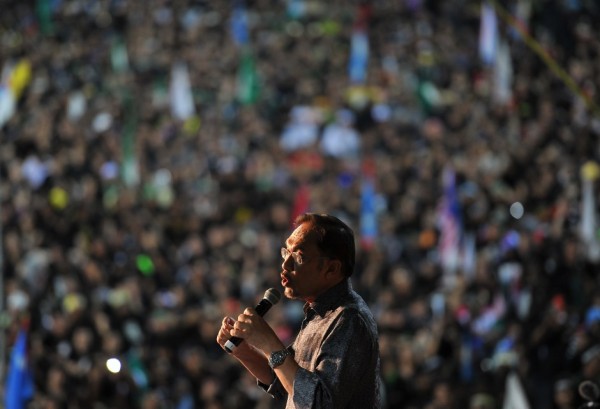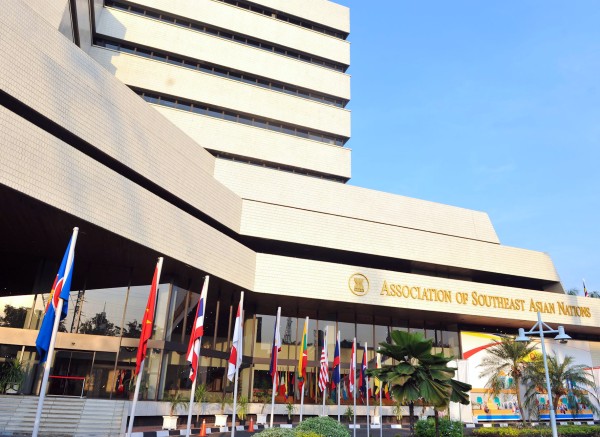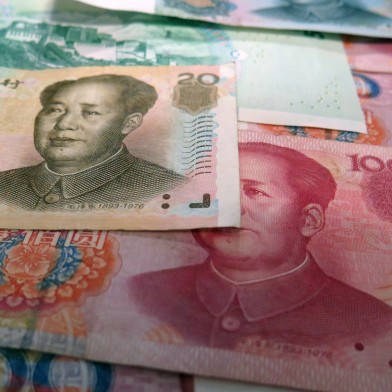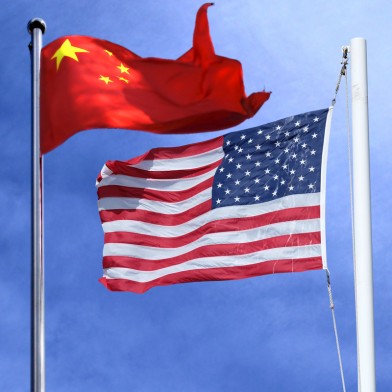As the US dollar continues to complicate fiscal and financial policy management for many countries, the idea of an Asian Monetary Fund (AMF) has resurfaced as a potential solution. Experts say that the AMF could reduce dependence on the US dollar and the IMF while providing a source of financing for Asia's development needs. Is there enough political will and coordination between Asian countries to make this happen?
An Asian Monetary Fund, AMF, has been recently touted by the Prime Minister of Malaysia as a potential solution to reduce reliance on the US dollar and the International Monetary Fund. The US dollar is a problem for many countries, including China, Russia, and developing countries, as it complicates their fiscal and financial policy management and chokes off their access to international capital.
However, despite the lack of viable alternatives, an expanded role for the International Monetary Fund's 'Special Drawing Rights', SDRs, and alternative currencies such as the euro and the renminbi have not been successful due to their flaws. Digital currencies, such as central bank digital currencies and stable coins, are perhaps a more likely competitor to the dollar, but they still require a level of depth, liquidity, and convertibility that is many years away.

Malaysian Prime Minister Anwar Ibrahim recently touted establishing an Asian Monetary Fund to reduce reliance on the US.
An Asian Monetary Fund could be a viable alternative to the US dollar and the IMF for Asian countries. However, its success would depend on several factors, including the political will of Asian countries, the level of coordination between them, and the fund's governance structure. An Asian Monetary Fund would need to complement existing international financial institutions and reflect the interests of all its members.
While the idea of an Asian Monetary Fund is not new, recent geopolitical tensions and the Covid-19 pandemic have reignited discussions about an alternative to the US dollar and the IMF.
Dr. Domenico Lombardi, Director of the Global Economy Program at the Centre for International Governance Innovation (CIGI), believes that an Asian Monetary Fund could be a feasible solution to reduce dependence on the US dollar and the IMF. "An Asian Monetary Fund could help mitigate the risks associated with a US-centric international monetary system and provide a source of financing for Asia's development needs,” he said.
However, Dr. Lombardi cautioned that the success of an Asian Monetary Fund would depend on several factors, including the political will of Asian countries, the level of coordination between them, and the fund's governance structure. "If the Asian Monetary Fund is to be effective, it will need to be governed transparently and independently, with clear rules and procedures for decision-making," he added.

An Asian Monetary Fund could provide financial stability in the region.
Dr. Supachai Panitchpakdi, former Secretary-General of the United Nations Conference on Trade and Development (UNCTAD), also believes that an Asian Monetary Fund could be a viable alternative to the US dollar and the IMF. He believes that "An Asian Monetary Fund could help Asian countries reduce their dependence on the US dollar and the IMF and provide a platform for regional cooperation and economic integration."
However, Dr. Supachai also cautioned that an Asian Monetary Fund would need to be carefully designed to avoid potential conflicts with the IMF and other international financial institutions. "An Asian Monetary Fund should complement, rather than compete with, existing international financial institutions, and its governance structure should reflect the interests of all its members," he said.
Ultimately, for an Asian Monetary Fund to become a reality, it will require a significant level of political will and cooperation among Asian countries to overcome the challenges and work towards a common goal of regional financial stability.
Other experts stress that establishing an Asian Monetary Fund could aid in promoting financial stability within the region as such a fund could act as a regional safety net for countries that experience financial difficulties and reduce their reliance on the US dollar and the IMF. The effectiveness of an Asian Monetary Fund would in this case rely on the extent of economic integration and policy coordination among the various Asian countries.

Experts say AMF's success depends on the strong support, cooperation, and political will of Asian countries.
Lack of political will can be a significant hindrance in implementing any regional initiative, including the creation of an Asian Monetary Fund. Without sufficient support and cooperation from governments and policymakers across the region, it can be challenging to make progress towards achieving a common goal.
In addition, some countries may be hesitant to relinquish control over their financial policies and decisions to a regional institution, which could create a sense of mistrust and skepticism. Coordination and cooperation among nations also require extensive negotiation, compromise, and trust-building, which may take a considerable amount of time and effort to achieve.
As the discussion around an Asian Monetary Fund gains momentum, the proverb "Many hands make light work, but many mouths make more noise" might remind of the importance of cooperation and coordination among Asian countries. Without sufficient support and cooperation from governments and policymakers across the region, it can be challenging to make progress towards achieving a common goal.
It will require extensive negotiation, compromise, and trust-building to achieve coordination and cooperation among nations, but ultimately, it is necessary to work towards a common goal of regional financial stability.
-Asia Media Centre


